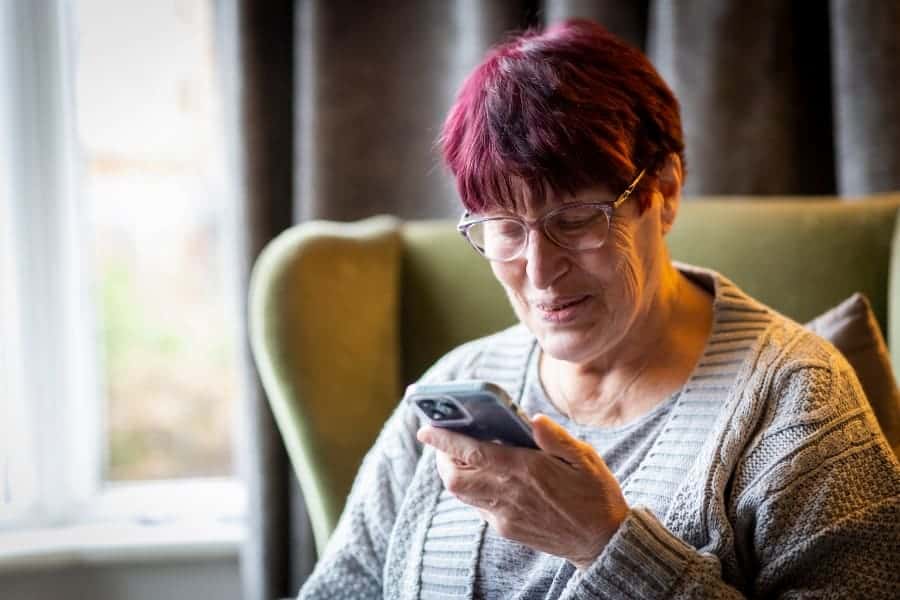Two-thirds of GPs would like to prescribe assistive technologies to patients with dementia
A poll of GPs in the UK has shown that more than two-thirds of GPs in the UK would like to be able to prescribe assistive technologies to their patients when they are diagnosed with dementia.
The nationally representative poll of GPs was conducted by the Longitude Prize on Dementia, which is funded by Alzheimer’s Society and Innovate UK and delivered by Challenge Works. It sought to better understand appetite amongst primary care doctors for the use of technology in helping people and families affected by dementia.
Findings from the GP poll include 88 percent believe that people with dementia who can live in their own homes will live more fulfilling lives, and 77 percent believe that people living with dementia will live longer if they can remain in their own homes.
Additionally, 87 percent believe the majority of their patients with early-stage dementia would benefit from technology that was designed for their condition.
Over three-quarters of GPs surveyed worry that their patients may become trapped in their own homes because of anxiety and fear about getting lost.
Alzheimer’s Society says many of the GPs polled believe their patients would benefit from responsive assistive technology such as an intuitive app to help them navigate their community, technology that reminds people to take medications, or smart glasses that could tell them who they are looking at.
Challenging the outdated stereotype that older people are technology-averse, half of GPs also say that the majority of their early-stage dementia patients use technology in their everyday lives.
Many GPs are already advising their dementia patients to use existing technology to manage their conditions, with 64 percent of family doctors recommending technology-related hacks. These could include adding simple reminders to take medications on phones and smart speakers.
The findings also highlight the need for innovators to consider the progressive nature of dementia in the design of new assistive technologies so that they adapt to the person’s changing condition. 84 percent say that technologies supposedly designed for all, like phones, tablets, and TVs, are not designed with dementia patients in mind.
Dame Louise Robinson, GP and Professor of Primary Care and Ageing, Newcastle University said: “Technology, especially if it is used as part of a package of person-centred support, can help people with dementia live at home longer, which is the ultimate goal.”
New analysis that projects the cost of growing demand for adult social care in England and the UK Government funding required to tackle some of the major challenges facing the social care system has been published.


